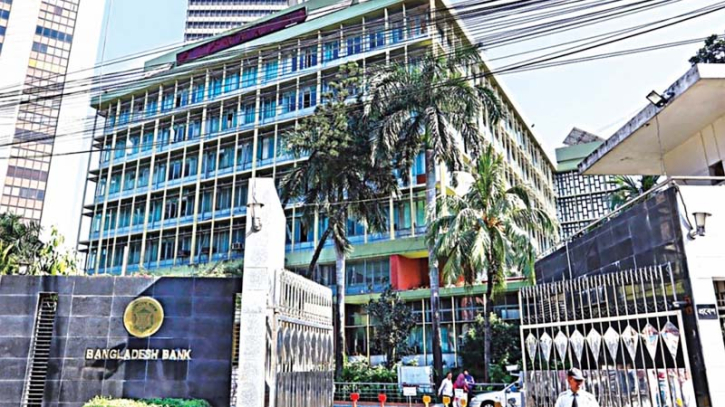Bangladesh Bank to Guarantee Liquidity Support for Five Banks

The Bangladesh Bank has signed agreements with five financially troubled banks to offer guarantees for securing liquidity support from the interbank money market.
Under this arrangement, if a bank facing a liquidity shortfall seeks assistance from another bank, it will request a guarantee proposal from the central bank. The Bangladesh Bank will then provide the guarantee after reviewing the overall situation of the banks.
So far, seven struggling banks have applied for guarantees to access over Tk25,000 crore in liquidity support from the interbank market.
As of Thursday and Sunday, the central bank has signed agreements with National Bank, Social Islami Bank, First Security Islami Bank, Union Bank, and Global Islami Bank.
A senior official from the central bank explained that these banks will now raise funds from the interbank market, which will then be submitted to the Bangladesh Bank for guarantees, pending board approval. The central bank will determine and approve the amount each bank can borrow under this guarantee.
Earlier, seven banks applied for special loans, with First Security Islami Bank requesting a guarantee for Tk7,900 crore, Islami Bank Bangladesh for Tk5,000 crore, National Bank for Tk5,000 crore, EXIM Bank for Tk4,000 crore, Global Islami Bank for Tk3,500 crore, Social Islami Bank for Tk2,000 crore, and Union Bank for Tk1,500 crore.
Following the downfall of Sheikh Hasina's government on 5 August, the boards of these banks were dissolved and reconstituted.
Since November 2022, investors have been pulling liquidity out of several banks controlled by the S Alam Group due to loan fraud scandals. As a result, these banks have experienced a severe liquidity crisis over the past year and a half, with some struggling to maintain their cash reserve ratio and statutory liquidity ratio.
Additionally, some banks have reported current account deficits with the central bank. While former central bank governor Abdur Rauf Talukdar allowed transactions to continue despite these deficits, the new governor, Ahsan H Mansur, has stopped the practice of printing money to provide special facilities.
In this context, the initiative to borrow with a central bank guarantee has been introduced to manage the temporary crisis. The Bangladesh Bank will also retain Demand Promissory notes from the weaker banks.
A central bank executive director explained that, typically, when a bank is in crisis, the central bank provides special loans. However, lending directly could increase the money supply, which would put additional pressure on inflation. Therefore, the central bank is facilitating loans from other banks instead of providing the funds directly.
This approach ensures that liquidity is transferred from one bank to another, minimising any inflationary impact. The central bank's guarantee assures that if these banks fail to repay, the central bank will cover the losses.
Earlier this month, the governor announced that the central bank would no longer offer liquidity assistance by printing money, but that banks could access assistance through interbank currency supply.
 (5).png)








